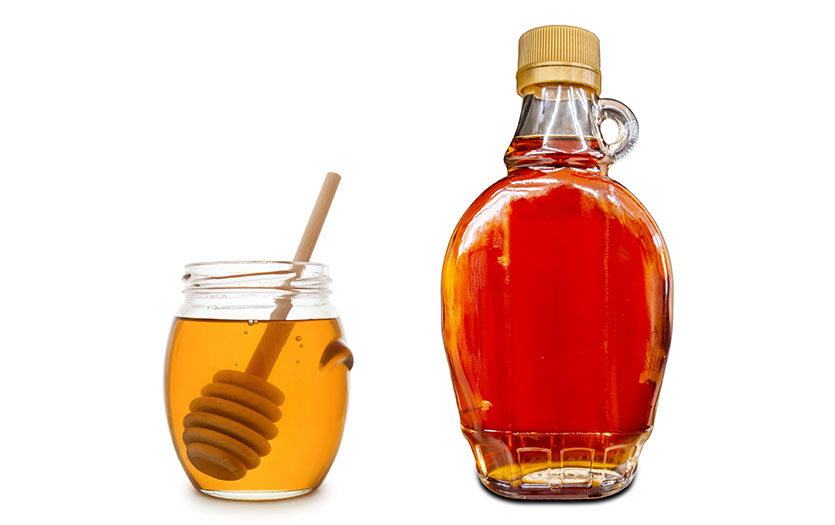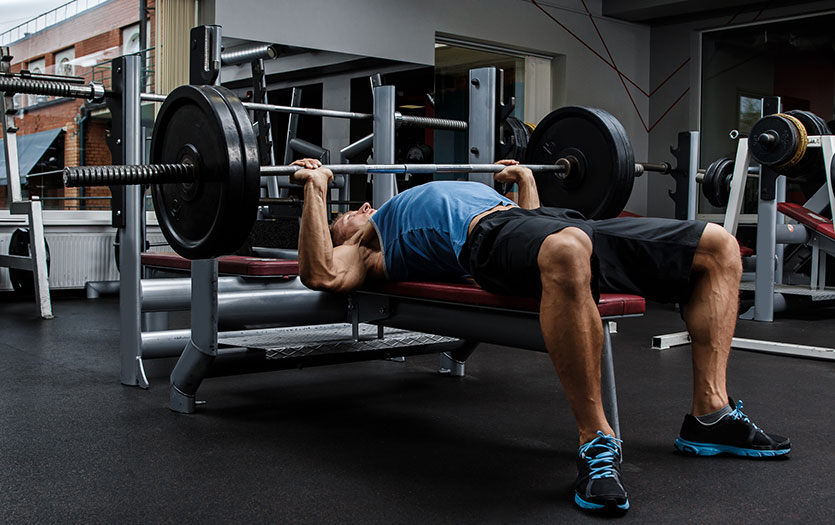
As more and more people start to reintroduce exercise into their daily routines, it’s important to consider nutrition as a major part of getting back to activity in a healthy way. Sami Kauffman, MA, RD, CD, sports dietitian, Parkview Sports Medicine, elaborates on the key components of nutrition that will help support an active lifestyle.
Hydration
When returning to activity, particularly in warm summer weather, maintaining the right hydration level throughout the day, and during physical activity, is extremely important. In fact, if you’re adequately hydrated, your workouts may feel less intense and you may be less sore afterward.
Water makes up most of your body tissues and lubricates your joints. The average person needs 64 ounces of fluid daily, but when engaging in physical activity, especially in warmer temperatures, you should aim for at least 80 ounces of water per day. These can include water, milk, juice and sugar-free drink mixes.
Sleep
Sleep is a vital part of recovery from exercise. While sleeping, your body processes all the information learned throughout the day and repairs any damage done to your muscles during a workout. Without adequate sleep, you could suffer from a lack of concentration, poor memory, poor performance and recovery and mood issues.
The amount of sleep needed varies by age and gender. Children, ages 6-13, need 9-11 hours of sleep per day. Teenagers, ages 14-17, need 8-10 hours of sleep. Females, on average, need 20 minutes more than their male counterparts. Setting a consistent waking and bedtime routine and engaging only in restful activities prior to bedtime will help you and your loved ones get the rest you all need.
Carbohydrates
Carbohydrates fuel our workouts and repair and build new muscle tissue. Athletes need more carbohydrates than the average person due to the amount of activity they’re involved in. Those additional carbohydrates in your diet can help you push through tough workouts and prevent soreness later.
On days that you train, be sure that your plate is half-filled with carbohydrates to fuel your day. Make sure to include carbs in a snack eaten about an hour before a workout and within an hour after your workout. Good sources of carbohydrates include rice, pasta, cereal, bread, fruit, beans, milk and yogurt.
Protein
Protein provides the building blocks of muscle development while maximizing your workout capacity. It also plays a role in enzyme production and building all the tissues of the body. If you’re an active individual, it’s important to include a source of protein at all meals and snacks. At meals, a quarter of your plate should be filled with proteins. Excellent sources of protein are not fried, lower in fat and can include poultry, fish, lean red meat, pork, eggs, cheese, nuts and beans.
Build that Immune System
Now, more than ever, we need to be sure to include fruits and vegetables at all meals and snacks. Produce contains antioxidants that prevent damage to the cells in our body and provide a boost to our immune system, which may take a hit from high-intensity activity. You should try to consume at least five servings of a wide variety of colorful fruits and vegetables each day.



